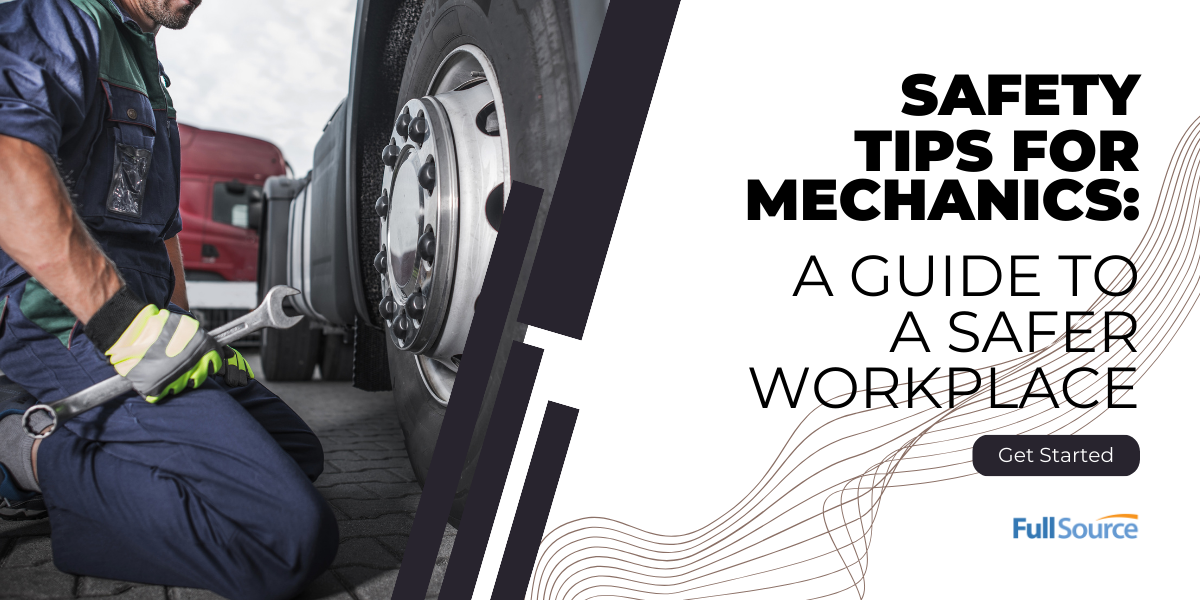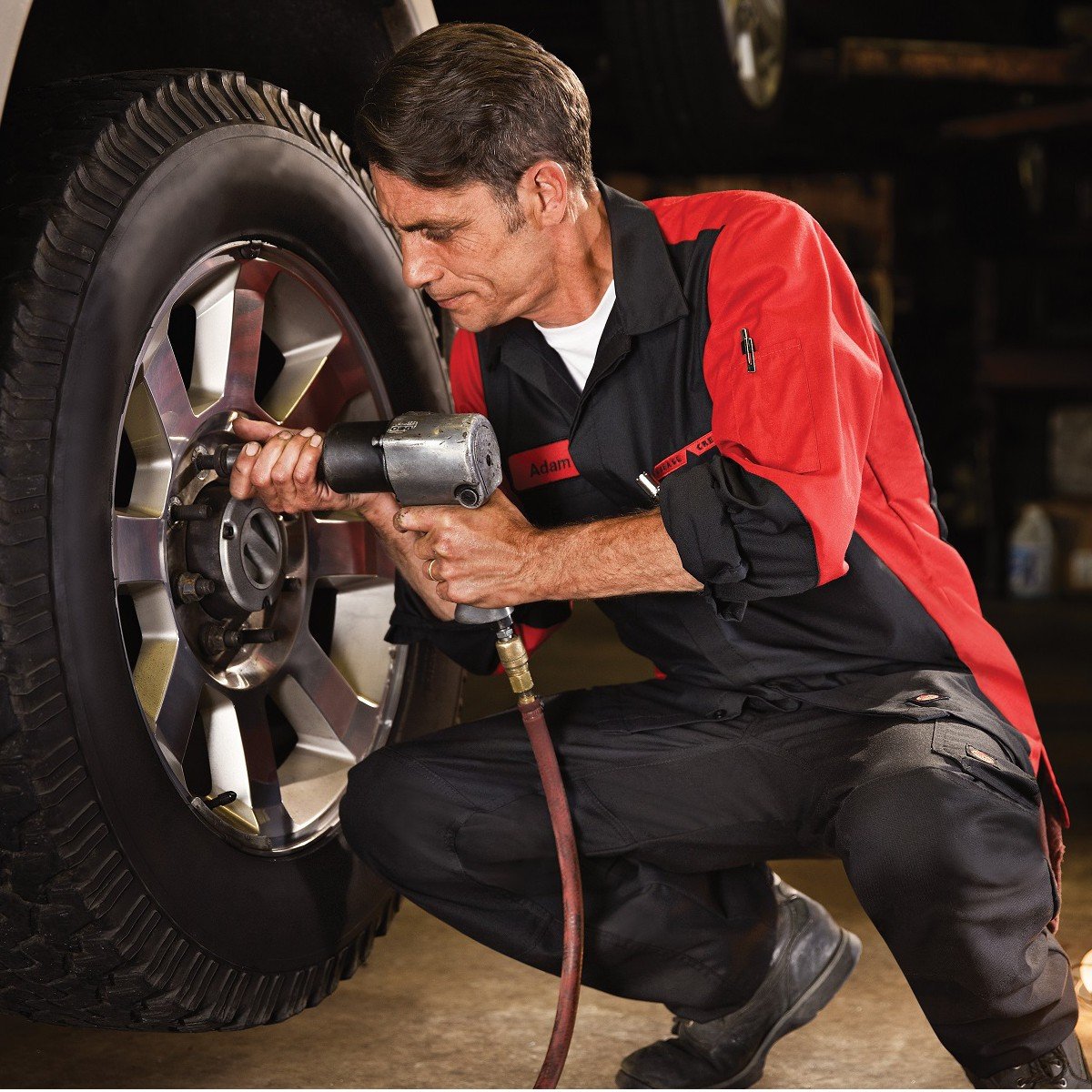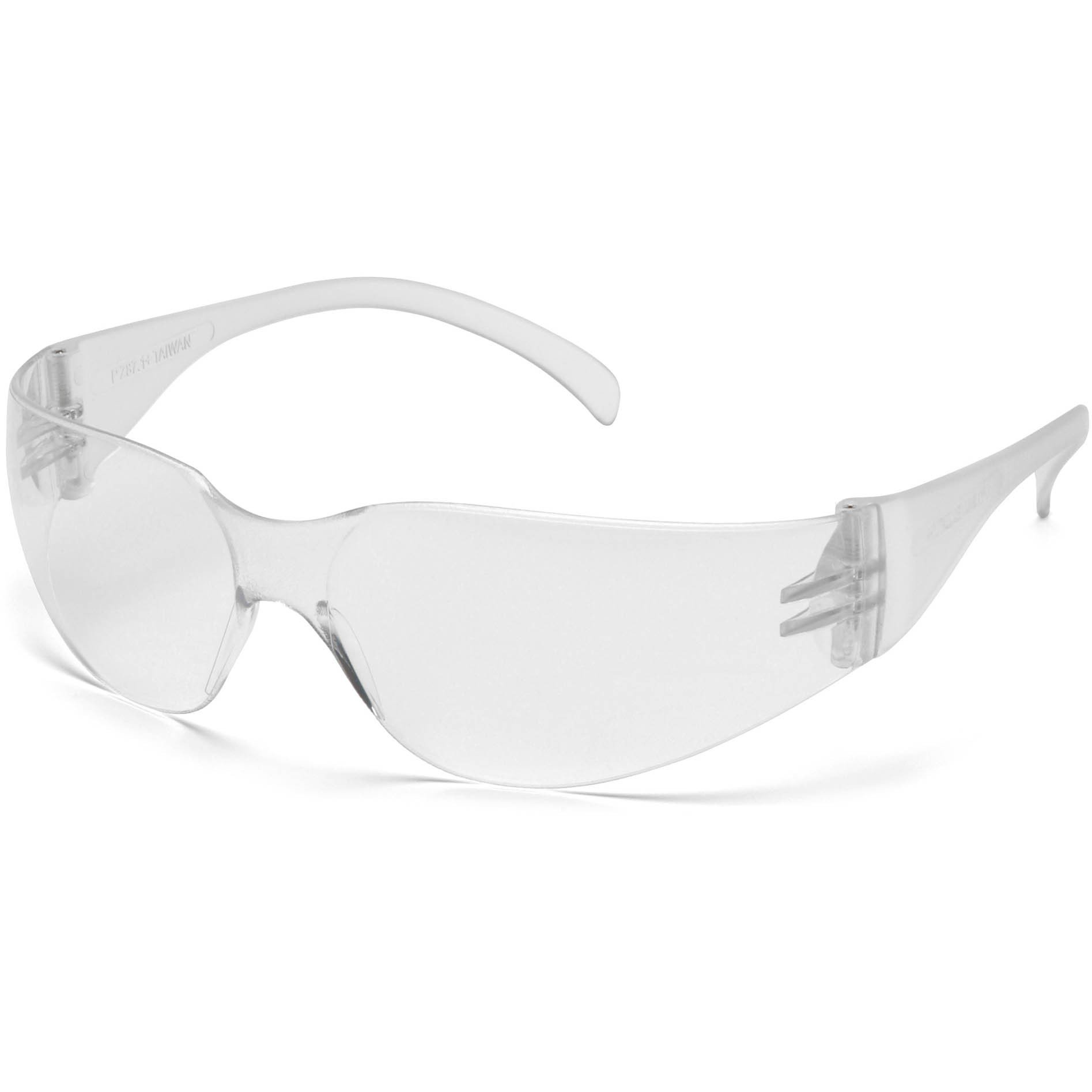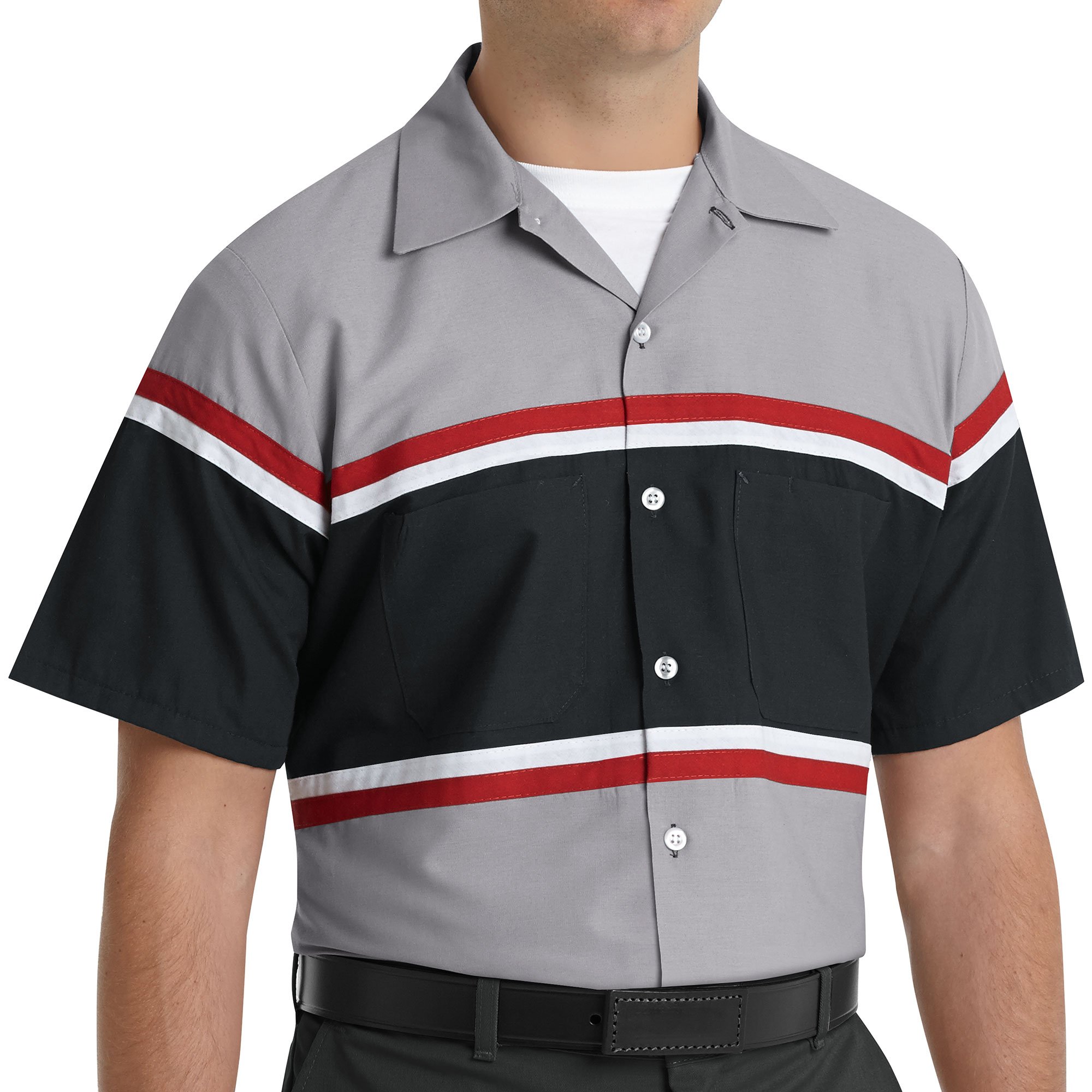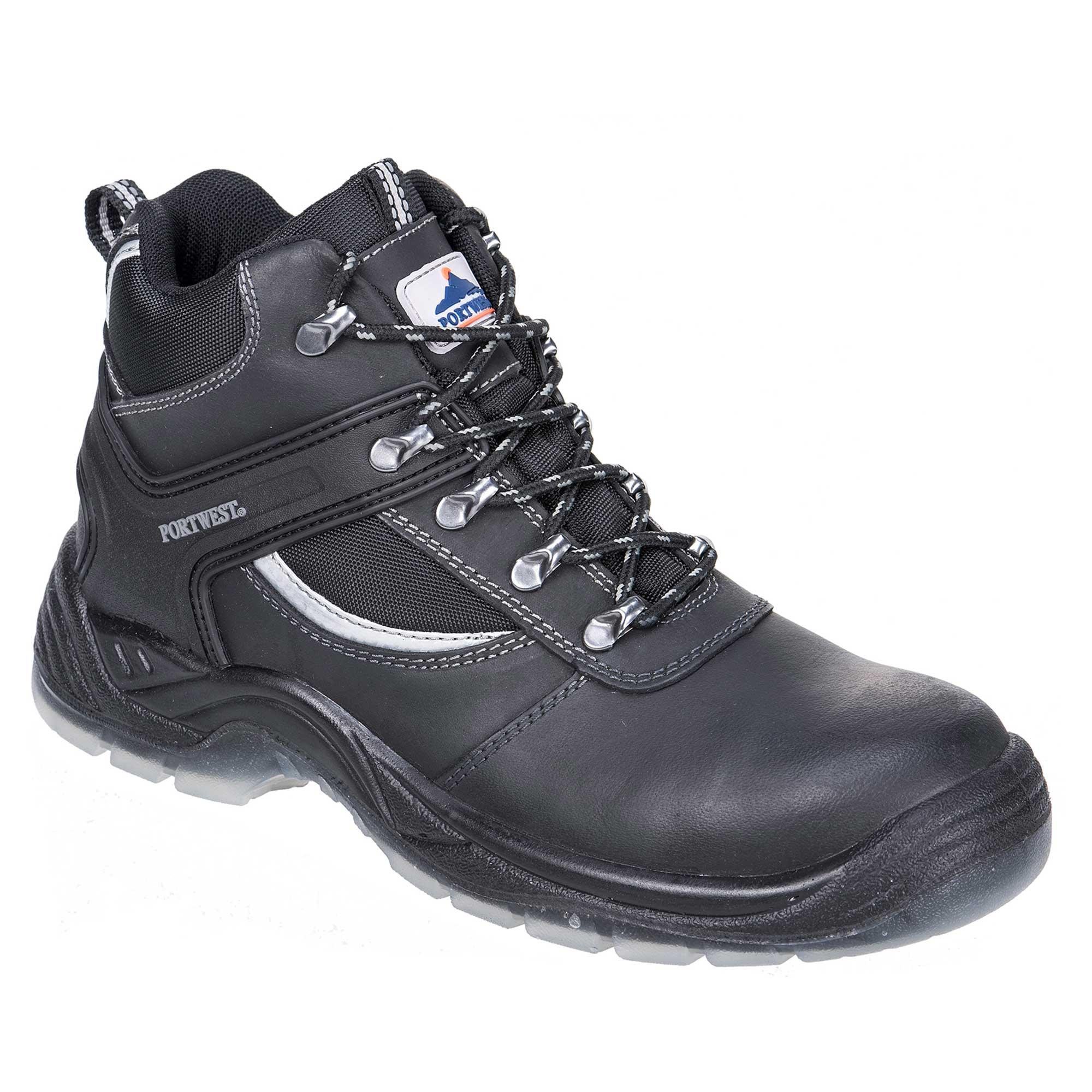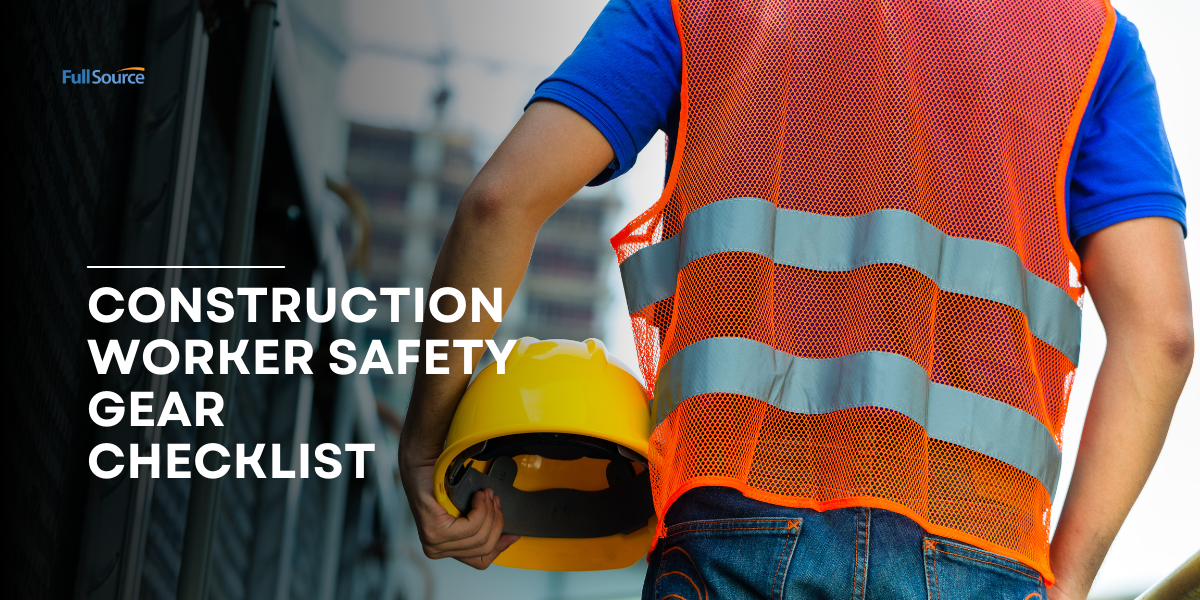As a guide to mechanic safety, this post will outline ways to protect almost any auto enthusiast. Working in the automotive and mechanic industry requires safety tips and practices that help prevent accidents and injuries. Because working as a mechanic involves dealing with heavy machinery, complex tools, and potentially hazardous materials, ensuring safety in the workplace is not just a recommendation; it’s a necessity. In this post, we’ll explore essential safety tips that every mechanic should follow to maintain their personal safety as well as a secure and efficient work environment.
1. Wear Appropriate Personal Protective Equipment (PPE)
Eye Protection
Firstly, always wear safety goggles or safety glasses to protect your eyes from flying debris, chemicals, and other particles. Eye protection is an indispensable safety measure for mechanics, who are frequently exposed to hazards like flying debris, sparks, chemicals, and intense light. Conversely, mechanics should wear ANSI Z87.1-rated safety glasses or goggles. This protective eyewear is designed to resist impact, providing a barrier against particles that might emanate from grinding, cutting, or hammering. Also, for tasks involving fluids or hazardous chemicals, goggles with a sealed fit offer better protection against splashes.
While in scenarios with high-intensity lighting or welding, specialized face shields or welding helmets with appropriate shading are necessary to protect against harmful radiation and bright flashes. Selecting the right eye protection, which complies with industry ANSI Z87.1 safety standards and fits comfortably, is crucial in minimizing the risk of eye injuries. This helps ensure that mechanics and auto technicians can work safely and efficiently in their demanding environment. We offer best-selling brands of safety glasses and goggles from MCR Safety, Bouton, Bolle, and Radians.
Our Top 5 Best-Selling Safety Glasses:
- Bolle 40301 Tryon
- Radians MR0110ID Mirage
- MCR Safety BK110 BearKat BK1
- Pyramex GB1810STR V2G
- CrossFire 29117R ES5
Hand Protection
In addition, use gloves suitable for the task, whether it’s handling hot objects, sharp edges, or chemicals. Hand protection is paramount for mechanics, given the hands-on nature of their work which frequently exposes them to risks like cuts, burns, and chemical injuries. Choosing the right gloves is crucial; they must be durable yet flexible, allowing for precise movements while safeguarding against hazards. For general tasks, mechanics often use gloves made from synthetic materials like nitrile, which provide a good balance of dexterity and protection against abrasions and certain chemicals. Our best-selling mechanics’ gloves are:
- PIP 34-874 MaxiFlex
- MCR Safety N9680 Ninja Flex
- MCR Safety N9696 Ninja Lite
- PIP 34-844 MaxiFlex
- Portwest A120
While dealing with hot engines or welding, heat-resistant gloves are essential to prevent burns. In tasks involving sharp objects or heavy machinery, cut-resistant gloves are vital for preventing lacerations. And this includes gloves with knuckle protection and TPR padding from MCR Safety and Mechanix. Additionally, gloves should be chemical-resistant if the mechanic regularly handles oils, solvents, or other potentially harmful substances. Proper hand protection not only prevents injuries but also enhances a mechanic’s ability to perform intricate tasks safely and effectively.
Uniform Apparel
Another important thing to consider is your uniform and protective clothing. Mechanic uniform apparel offers protection, comfort, and functionality for individuals working in the automotive and mechanical fields. Often made from durable and oil-resistant materials, this type of industrial work clothing like Red Kap OilBlok withstands the rigors of a workshop environment. And this includes exposure to oil, grease, and various chemicals. Coveralls or overalls are common, providing full-body protection while incorporating multiple pockets for convenient tool storage.
Also, many mechanic shirts and pants are equipped with reinforced seams and pads at stress points, like knees and elbows, for added durability. Some apparel is embedded with flame-retardant properties or features high-visibility colors and reflective strips for safety in low-light conditions. While ergonomics play a significant role too, with designs that allow for freedom of movement, essential in a job requiring a range of physical activities.
Mechanic Safety Workwear
In addition, comfort is not overlooked. Mechanic work apparel includes breathable and moisture-wicking fabrics and adjustable fittings. These features are incorporated to suit different body types and to adapt to various working conditions. Moreover, select from apparel in sizes and styles for men and women. This ensures every mechanic can perform their tasks effectively and safely. Also, series like the Red Kap ZeroSkratch of workwear and accessories include designs that won’t scratch or damage automotive paint.
The Best-Selling Red Kap Automotive Workwear:
- PT2A Performance Shop Pants
- CT10 Twill Action Back Coveralls
- JT38 Lined Solid Team Jacket
- SY20 Crew Shirt
- AB12BK ZeroSkratch Leather Belt
Footwear
Furthermore, wear steel-toed boots to safeguard your feet from heavy objects and slip-resistant soles to prevent falls. Foot protection is a critical aspect of safety for mechanics, who work in environments where the risk of heavy objects falling or rolling over feet is significant. In addition, the ideal footwear for a mechanic is often a pair of steel-toed boots, which offer a sturdy barrier against heavy impacts and compression. These boots, like those from Portwest, are often reinforced with protective midsoles to prevent punctures from sharp objects like nails or metal shards.
Also, considering the presence of oil, grease, and other slippery substances in most automotive workshops, slip-resistant soles are essential to prevent falls and maintain stability while working. Comfort is also a key factor, as mechanics spend long hours on their feet; hence, choosing boots with ample cushioning and support is vital. Furthermore, for those working with electrical components, footwear with electrical hazard protection is recommended. Investing in high-quality, durable safety footwear not only provides critical protection but also contributes to overall work efficiency and comfort.
Other Important Mechanic Safety Considerations
1. Auto Mechanic safety considerations involve employing protective gear, adhering to proper handling protocols for tools and machinery, and maintaining a hazard-free work environment to minimize the risk of accidents and injuries.
2. Keep the Workspace Clean and Organized
Regularly clean your work area to prevent accidents caused by oil spills or tripping over tools.
Also, ensure all tools are returned to their designated places after use to avoid clutter.
3. Be Cautious with Chemicals
Always read labels and Material Safety Data Sheets (MSDS) before handling any chemicals.
Store chemicals properly and dispose of them according to local regulations.
4. Use Tools and Equipment Properly
Familiarize yourself with the operation manuals of all equipment.
Likewise, regularly inspect tools for wear and tear and replace or repair them as needed.
Safety Considerations Continued
5. Be Mindful of Ergonomics
Also, adjust workbenches to the appropriate height to avoid strain.
Use mechanical aids or ask for help when lifting heavy objects.
6. Stay Aware of Surroundings
As well as be conscious of moving vehicles or machinery in the vicinity.
Keep an ear out for alarms or warning sounds.
7. Implement Fire Safety Measures
Have fire extinguishers readily available and ensure they are regularly inspected.
Also, be aware of the location of fire exits and evacuation routes.
8. Prioritize Electrical Safety
Always check that electrical tools are properly grounded before use.
Turn off the main power source when performing electrical repairs.
9. Regular Training and Education
Attend safety training sessions regularly.
Stay updated on the latest safety protocols and industry standards.
10. Emergency Preparedness
Equally important, have a first aid kit accessible in the workplace.
Familiarize yourself with basic first aid procedures.
Conclusion
In conclusion, focusing on mechanic safety is important. By following these essential tips, mechanics can significantly reduce the risk of accidents and injuries. Remember, a safe work environment not only protects you but also ensures the quality and efficiency of your work. Stay safe and stay informed!

